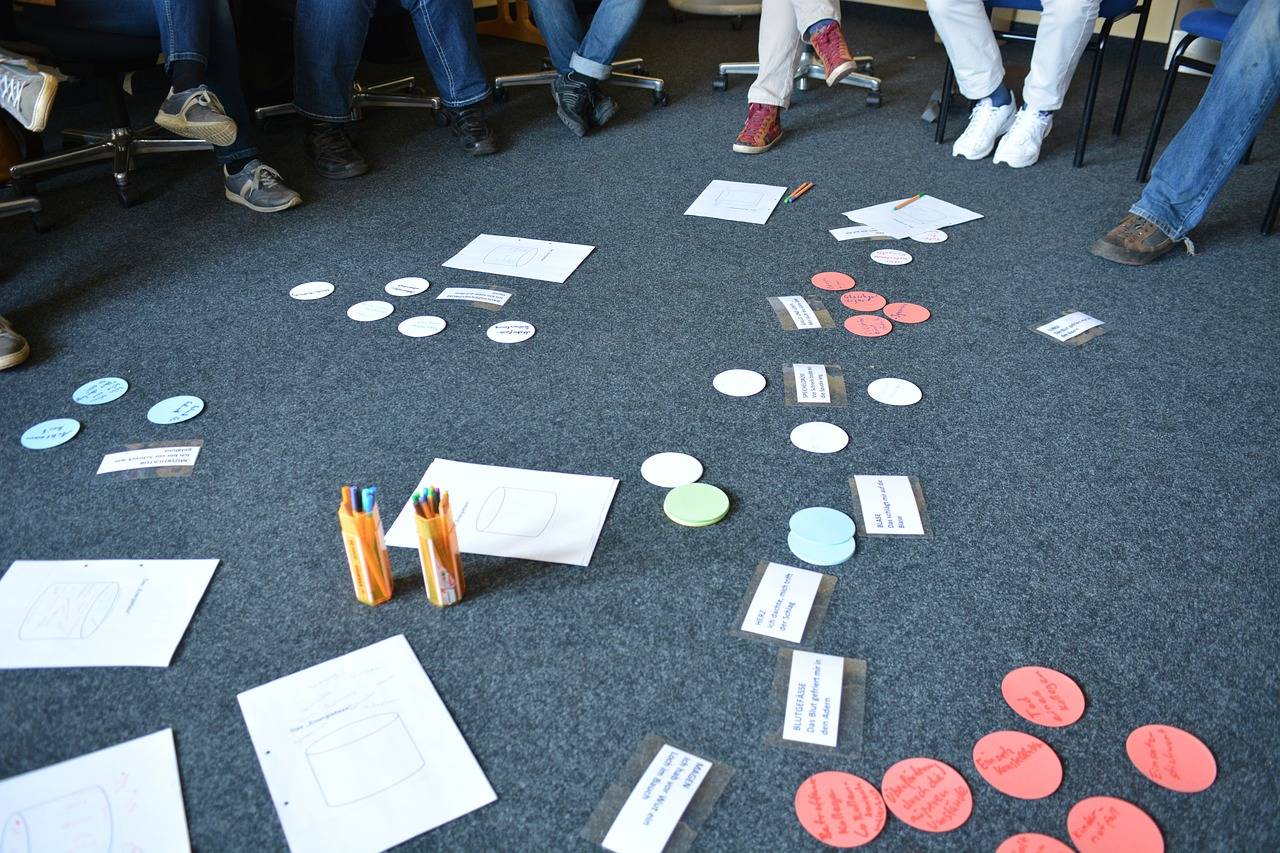The Benefits of Collaborative Learning
Group work offers a multitude of benefits that can enhance productivity and efficiency in various settings. One of the key advantages includes the opportunity for individuals to combine their unique skills and perspectives to tackle complex problems or tasks. By pooling together diverse talents and knowledge, group members can approach challenges from different angles, leading to innovative solutions that may not have been possible through individual effort alone.
Furthermore, working in groups fosters a sense of collaboration and teamwork among individuals, promoting a supportive and motivating environment. Through active participation and contribution to group discussions and activities, members can not only learn from one another but also develop important interpersonal skills such as teamwork, leadership, and conflict resolution. This collective effort not only benefits the group as a whole but also empowers each member to grow and thrive professionally and academically.
Enhanced critical thinking skills through group discussions
Engaging in group discussions offers a unique opportunity for individuals to hone their critical thinking skills. As group members exchange diverse perspectives and ideas, they are prompted to analyze information from various angles. This not only helps in viewing a concept comprehensively but also aids in developing the ability to evaluate different viewpoints critically. Through these discussions, individuals are challenged to think deeply, question assumptions, and draw logical conclusions, thereby enhancing their critical thinking abilities.
Moreover, group discussions foster an environment that encourages active participation and exploration of complex concepts. By engaging in dialogue with peers, individuals are exposed to different thinking styles and problem-solving approaches. This exposure prompts them to think creatively and explore innovative solutions to the challenges at hand. As a result, individuals not only strengthen their critical thinking skills but also learn to adapt their thought processes to different situations, ultimately enhancing their overall intellectual acumen.
Improved communication abilities by sharing ideas with peers
When individuals come together in a group setting to share their ideas and thoughts, it creates a dynamic environment that fosters open communication. Through these interactions, participants have the opportunity to express their viewpoints, listen to others, and engage in meaningful discussions. This process not only allows for the exchange of diverse perspectives but also helps individuals refine their communication skills by articulating their thoughts effectively.
Moreover, sharing ideas with peers in a group setting encourages individuals to actively listen and consider different viewpoints. This active engagement promotes a collaborative atmosphere where participants are motivated to communicate clearly and respectfully. As a result, individuals develop their ability to convey their thoughts with clarity and precision, fostering effective communication skills that are essential in various personal and professional settings.
How can working together in groups improve communication abilities?
Working in groups provides opportunities to share ideas, practice speaking and listening skills, and receive feedback from peers, all of which can enhance communication abilities.
What are some key advantages of collaborating with peers?
Collaborating with peers allows for the sharing of diverse perspectives, the opportunity to learn from others, increased creativity, and the ability to divide tasks to work more efficiently.
How can group discussions enhance critical thinking skills?
Group discussions encourage participants to analyze information, consider different viewpoints, think critically about complex issues, and come to reasoned conclusions, all of which can improve critical thinking skills.
What are some ways to effectively share ideas with peers?
To effectively share ideas with peers, it is important to actively listen to others, provide clear and concise explanations, ask for feedback, and be open to different opinions and perspectives.





